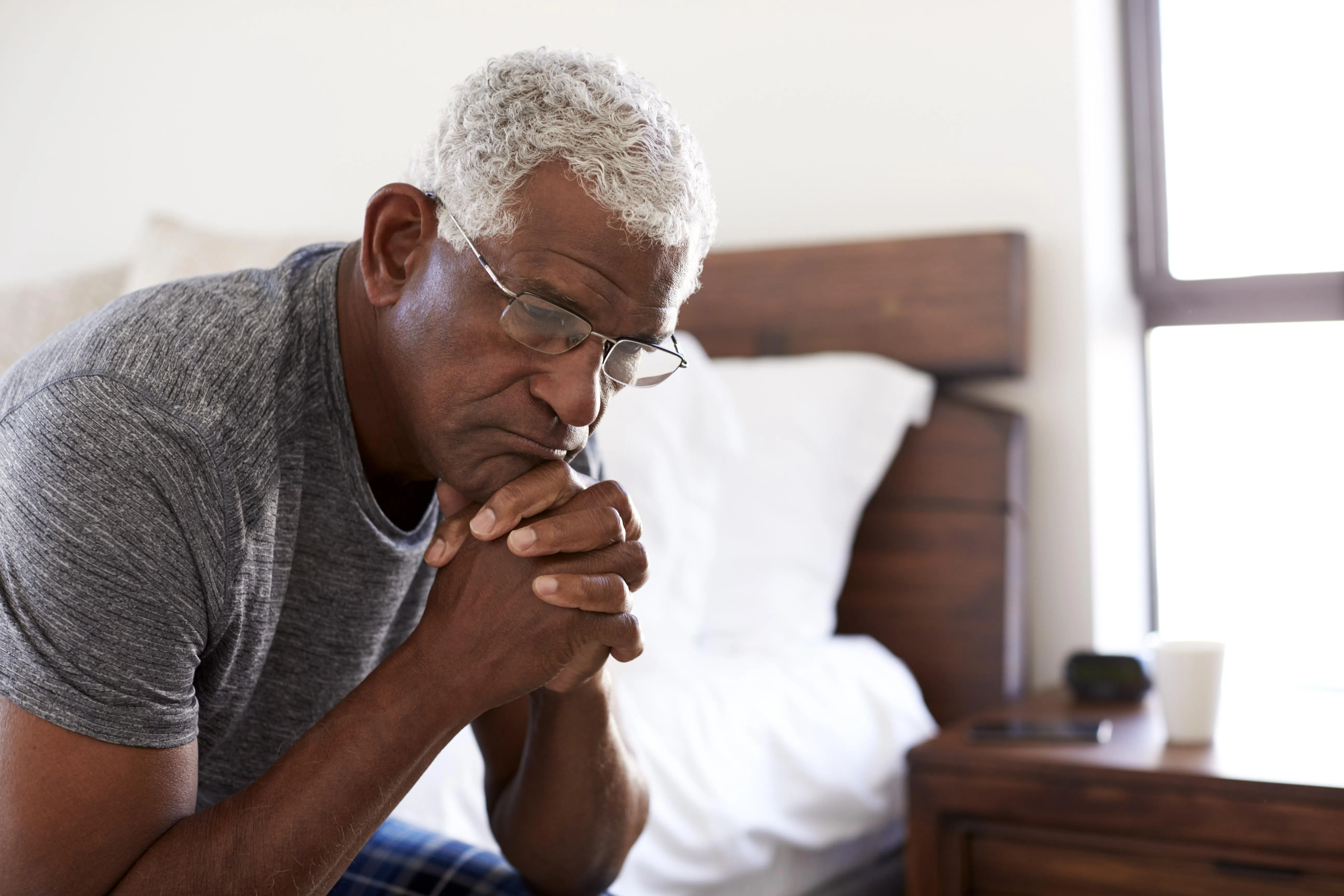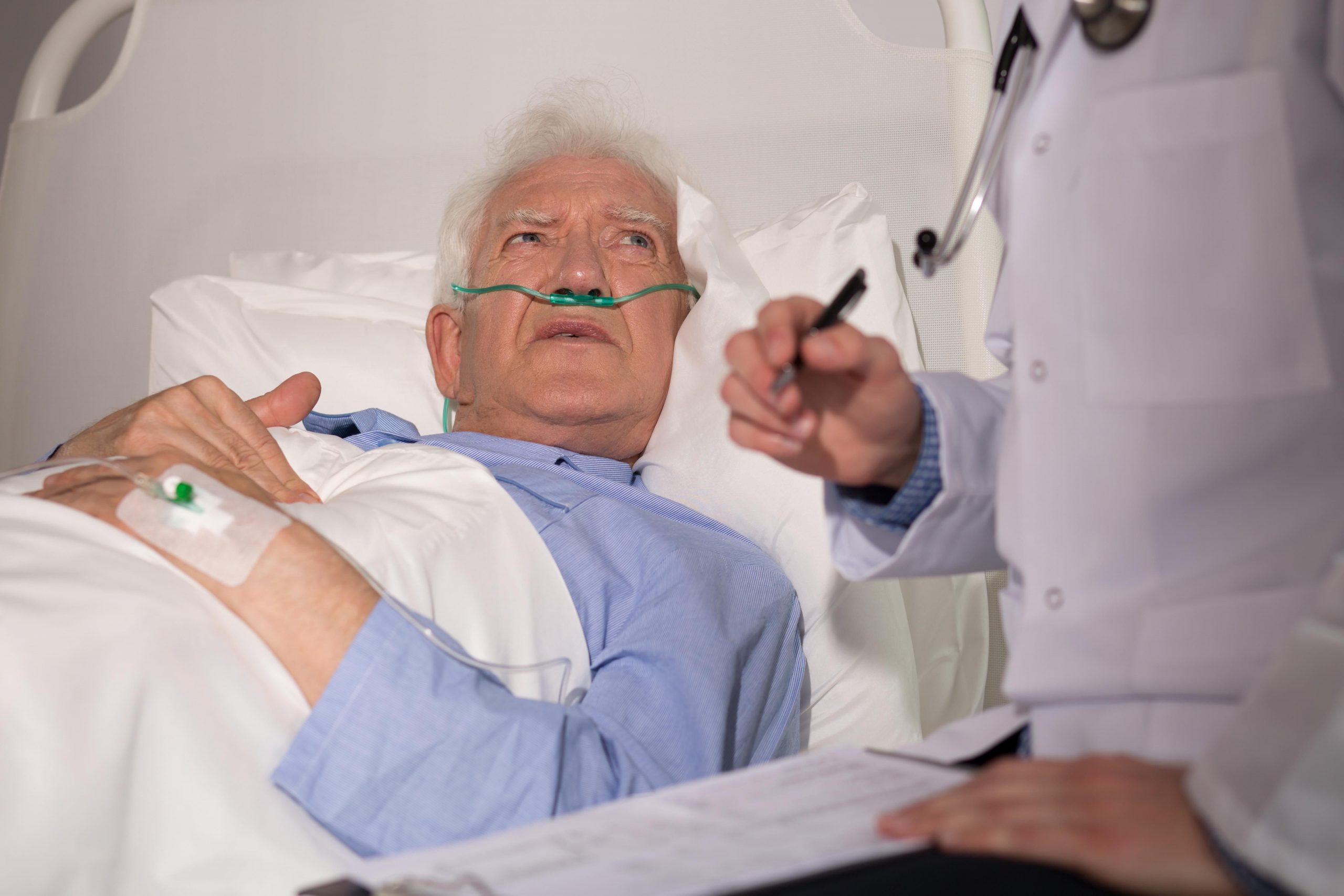
Is there a way to make eating out more environmentally friendly? A team of German researchers thinks the answer is a bright green yes. They’d like restaurants to offer menus that clearly label the environmental impact — or “carbon footprint” — of specific meal options. “In the broadest sense, we asked how restaurant owners can… read on > read on >






























